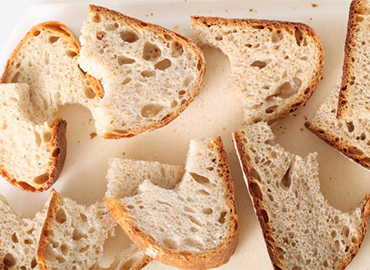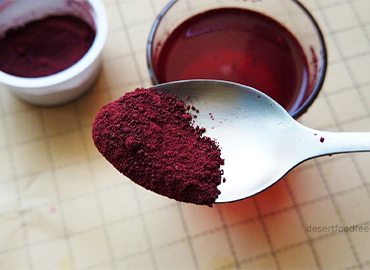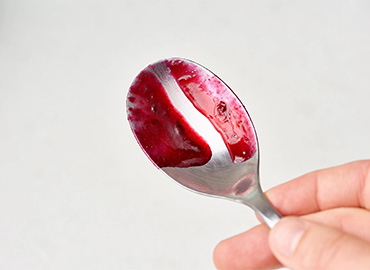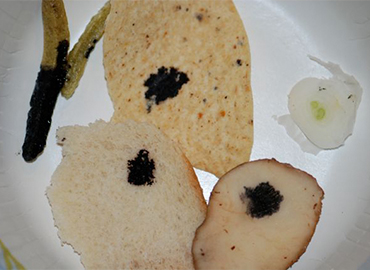Vegetables & Vegetable Products Testing
Vegetables are edible plants or parts of plants that are primarily consumed for their nutritional value and culinary uses. Vegetable products refer to processed or derived forms of vegetables that are used in various food preparations. They can be categorized into different types based on their characteristics and usage. Here are some examples of vegetables and vegetable products:
- Leafy Greens: Spinach, lettuce, kale, Swiss chard, cabbage, collard greens.
- Root Vegetables: Carrots, potatoes, sweet potatoes, beets,
- Cruciferous Vegetables: Broccoli, cauliflower, Brussels sprouts, cabbage.
- Allium Vegetables: Onions, garlic, leeks, shallots, scallions.
- Nightshade Vegetables: Tomatoes, eggplants, bell peppers.
- Legumes: Beans, lentils, chickpeas, peas.
- Squash and Gourds: Zucchini, butternut squash, pumpkin, cucumber.
- Brassica Vegetables: Brussels sprouts, broccoli, cabbage, kale.
- Cucurbits: Cucumbers, melons, squash.
- Shoots and Stems: Asparagus, celery, bamboo shoots.
- Sprouts: Bean sprouts, alfalfa sprouts.
- Frozen Vegetables: Frozen peas, corn, mixed vegetables.
- Vegetable Purees: Tomato puree, pumpkin puree.
- Vegetable Powders: Dehydrated vegetable powders for flavoring and seasoning.
- Vegetable Juices: Carrot juice, beetroot juice, tomato juice.
Testing of vegetables and vegetable products is essential to ensure their safety, quality, and adherence to regulatory standards. These tests help evaluate various parameters and characteristics of the products, ensuring that they are suitable for consumption and meet the desired specifications.



















